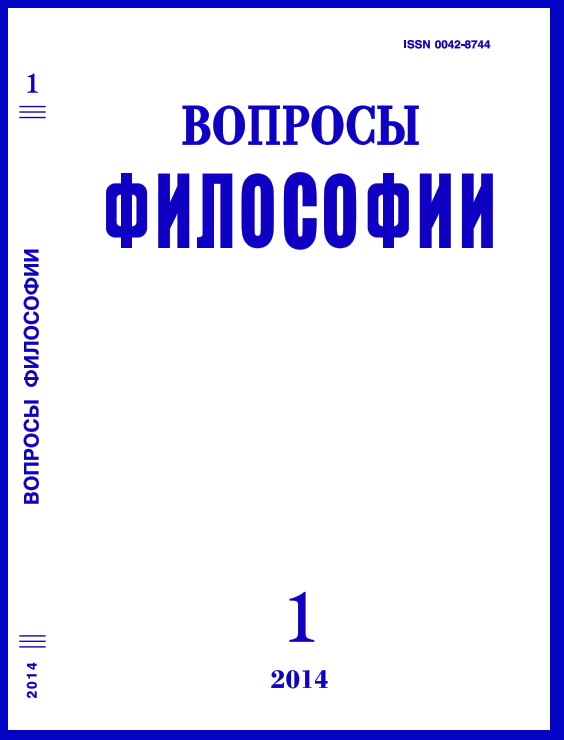Volitional Theory of Mind
Keywords:
psyche, events of psychic life, psychic disorders, acts of implication, will, being-in-the worldAbstract
The article deals with some ideas of Jaspers’ phenomenological psychopathology in
connection with the development of the modern psychology and psychotherapy. The novelty
of Jaspers’ approach lies in his renunciation of constant references to human brain and proving
psyche to be not a mere instrument at the hands of personality but rather its “being in its own
world”, i.e. “the process of becoming, development, unfolding” in existentially meaningful for it
situations. Having created the ontological model of psyche he demonstrated that the teleological
integrity or disintegrity of the stream of events of psychic life of a personality is determined by
the condition and orientation of its will, the choices it makes, its intentional acts of implication,
without which even the most elementary perception is impossible. From this standpoint all
psychiatric deviations of personality are rooted either in its own instincts and subconsciousurges or are caused by someone else’s volition, for instance by the “collective will” of a social
group. Society “pushes” the personality into a psychosis or the personality finds escape from
repressive reality in schizoid disorder of the mind. Thus schizophrenic slipping into disorder
can be interpreted as a result of a human specifi c phenomena – a weakening of the will, the
will that is the spiritual catalyst of psychic life, its a priori form and ontological foundation for
self-identifi cation of personality. Constrain, oppression and captivity of the will become fertile
ground for development of “psychic disorders” that are human specifi c and cannot develop in
animals. Thus Jaspers revealed the “inherent, primordial human nature of psychic disorders” and
brings a little close to solving the mystery of psyche.

